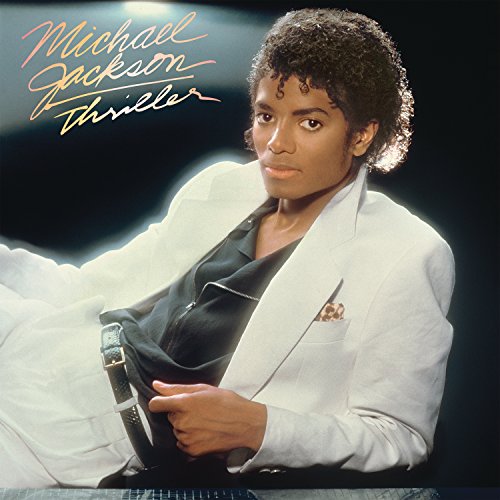Hone Your Messaging
Manage episode 302209610 series 2977278
How can you write about yourself in a compelling way? A lot of being successful as a tutor actually comes down to writing. You need to write an advertisement. Maybe it’s on Craigslist. Or you might have a website. You need to figure out how to write something that gets customers to raise their hands.
One of the biggest mistakes people make is they start off talking about themselves. They say, “I'm an expert tutor, and these are the reasons why you should hire me.” That's not going to work. You have to start out talking about the customer. You want to dive into some emotions. I would say, “Are you struggling with math? Have you struggled for a long time? Has it been difficult to get A's on reports?”
People are motivated either to gain pleasure or avoid pain (and most of the time it’s to avoid pain). You want to talk about things that are painful for your customers, that they could avoid by getting tutoring. Maybe they feel like they are falling behind their friends. Maybe it’s a parent, worried their child might get a D in mathematics. Or afraid their kid might not get into a proper college—or any college.
If someone is looking for math tutoring, they're worried about their child’s math performance. Your customer is not the A student trying to get an A-plus. That's maybe 1% of the time. I had one client whose daughter was a math genius and just needed help to get even better. But that is very rare. Most of the time it’s people who are struggling. They have a B, or they have a C, or they have a D, and the parents are really worried about it.
So if you focus the beginning of your writing on these pain points, it is going to immediately connect with the customer. They're going to be reading other ads saying, “I went to Harvard. Look at me.” But people care about their own emotions, desires, and fears. Not about you. We want to tap into that pain in our writing so we can ultimately help alleviate it.
In your opening sentences use the word “you” several times. There's research showing that “you” is one of the most powerful words for getting the reader’s attention and increasing sales. People pay attention to those three letters, y-o-u, because everyone is interested in themselves. Instead of writing “we can help you get better at math,” try, “do you want to get better at math?” Get in the habit of phrasing things in terms of the buyer, and what the buyer wants.
After a paragraph or two about the customer and their pain points, we can start to talk about ourselves. We can say, “I'm an expert in mathematics. I've been working with kids for twelve years.” I would also say things like, “Of course I know mathematics. That's the easy part. Many people know math. But what makes me unique is that I am also a strong communicator, and I'm doing this because it's purposeful to me.”
Using this kind of phrasing does a number of things. First, it shifts the focus away from your math abilities, so the reader won’t even question those. You firmly establish your math skills and get them focused on whatever sets you apart from other math tutors. In my experience, everyone is going to agree with this. I say this to parents all the time and they always say, “Oh yeah, of course you have to be good at mathematics. But can you communicate? That’s the important thing. Can you teach it?” And I say, “Oh, yeah, let me tell you. That's the number one most important thing.”
You can learn some skills for phrasing things in ways that connect with customers. Just like you learned mathematics, you can get better at communicating. Consider reading How to Win Friends and Influence People, by Dale Carnegie. He goes over many of the tips I'm giving you here. Another great book about this stuff is an audio program called The 10 Best Kept Secrets of the World's Greatest Communicators. How to Make People Like You in 90 Seconds or Less is another one I’d recommend. Find that on Amazon, it's a great book.
If you're writing a tutoring profile or advertisement, you're talking to the buyer. Start by putting their wants and needs first, then give some ideas about yourself. You can charge people for the first session, but it’s a good idea to say, “if you're unhappy about this session, I'll refund you.” That's taking a little risk, but it's only an hour of your time. You don't have to do this. Many people are opposed to offering refunds. But any time customers are contacting you their concern is whether your services are going to work. Will you be any good? That uncertainty could prevent them from making a purchase with you. They're worried.
It comes down to fear and worry, again. They're worried about their child’s math performance. But they're also worried they might pay for something they don't want and get stuck with it, which is a terrible feeling. So we want to try to reduce that worry as much as possible. We can say, “The first session costs $35, but if you aren't happy with it and you don't want me as your tutor for a long time, I'm happy to refund that for you.” That's going to put them at ease. You've decreased their fear and anxiety.
That kind of a guarantee is something I would put at the end of your advertising, or your bio, or your profile. Then you could finish up with a few ways to contact you.
14 episodes














